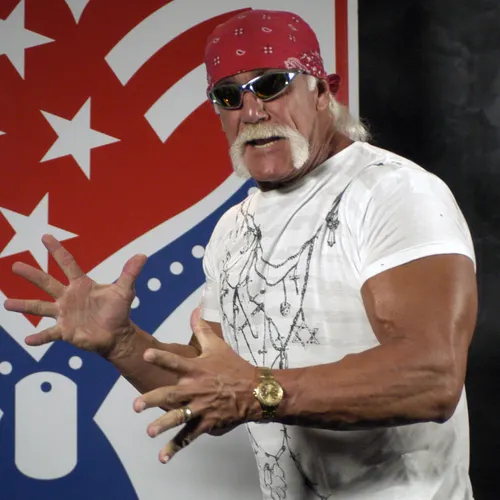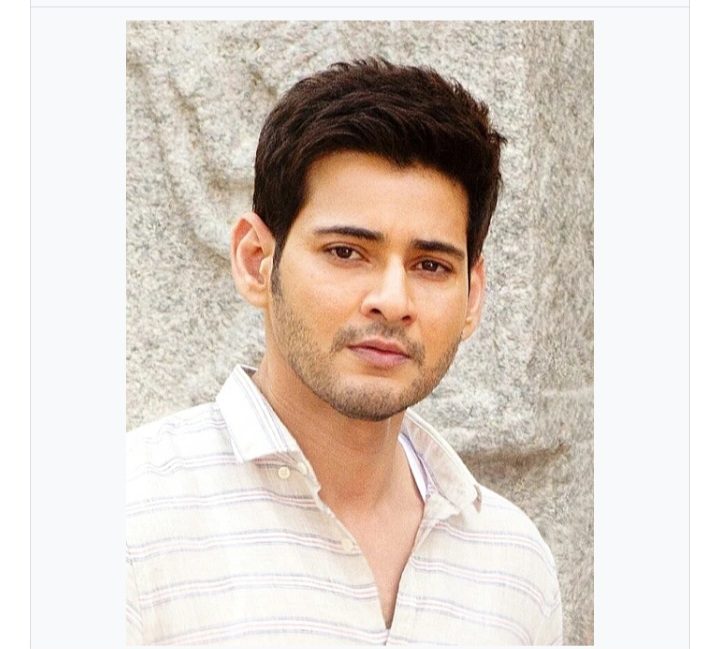On March 18, 2016, a jury awarded Hulk Hogan, born Terry Bollea, $140 million in damages in a lawsuit against Gawker Media for publishing a sex tape without his consent. This landmark case not only highlighted the complexities of celebrity privacy but also set a precedent for how media outlets handle sensitive content involving public figures. The implications of this case continue to resonate in discussions about privacy rights and the responsibilities of the media.
Background of the Lawsuit
The origins of the lawsuit trace back to 2012 when Gawker published a short clip of a sex tape featuring Hogan and Heather Clem, the wife of his then-friend, Bubba the Love Sponge. Hogan claimed that the publication of the video was a gross invasion of his privacy, arguing that he had a reasonable expectation of privacy in his own home. The case gained significant media attention, not only because of Hogan’s celebrity status but also due to the ethical questions it raised about the media’s role in disseminating private content.
Hogan’s legal team argued that the release of the tape caused him severe emotional distress and damaged his reputation. Gawker, on the other hand, defended its actions by claiming that the video was newsworthy, given Hogan’s public persona and the context of the events. This defense, however, was met with skepticism, as many viewed the publication as a blatant violation of Hogan’s privacy.
The Trial and Verdict
The trial began in February 2016, and it quickly became a media spectacle. Hogan’s testimony was emotional, detailing the personal and professional fallout from the tape’s release. He described how the incident affected his relationships and mental health, painting a picture of a man deeply hurt by the invasion of his privacy.
On March 18, 2016, the jury delivered its verdict, awarding Hogan $140 million in damages, which included $55 million for emotional distress and $60 million for economic damages. The jury’s decision was a clear message that the right to privacy, even for public figures, must be respected. The case was seen as a significant victory for Hogan and a potential turning point in the ongoing debate over celebrity privacy rights.
Impact on Celebrity Privacy Cases
Hogan’s lawsuit against Gawker had far-reaching implications for celebrity privacy cases. The verdict underscored the importance of consent and the boundaries of media coverage when it comes to private matters. Following the trial, many legal experts noted that the case could set a precedent for future lawsuits involving the unauthorized publication of private content.
In the wake of the verdict, several high-profile celebrities began to take a more aggressive stance against media outlets that published private information without consent. The case prompted discussions about the ethical responsibilities of journalists and the need for clearer guidelines regarding privacy rights in the digital age. As a result, media organizations began to reevaluate their policies on publishing sensitive content, particularly involving public figures.
The Role of Technology and Social Media
The rise of technology and social media has further complicated the landscape of celebrity privacy. In an era where content can be shared instantly and widely, the potential for privacy violations has increased exponentially. Hogan’s case highlighted the challenges that celebrities face in protecting their personal lives from public scrutiny.
The case also sparked conversations about the role of social media platforms in disseminating private content. Many argued that these platforms should take greater responsibility for preventing the spread of unauthorized material. As a result, some social media companies began implementing stricter policies regarding the sharing of explicit content, particularly when it involves individuals who have not consented to its publication.
The Aftermath: Gawker’s Bankruptcy and Legacy
In the aftermath of the trial, Gawker Media faced significant financial repercussions. The company filed for bankruptcy in June 2016, largely due to the financial burden of the lawsuit. The case served as a cautionary tale for media outlets, emphasizing the potential consequences of prioritizing sensationalism over ethical journalism.
Hogan’s victory also led to discussions about the future of celebrity privacy rights. Legal experts began to explore the possibility of new legislation aimed at protecting individuals from unauthorized publication of private content. The case has since been cited in various legal discussions and has influenced how courts approach similar cases involving privacy rights.
Conclusion
Hulk Hogan’s sex tape lawsuit against Gawker Media marked a pivotal moment in the ongoing conversation about celebrity privacy. The jury’s decision sent a strong message about the importance of consent and the need for ethical standards in journalism. As technology continues to evolve, the implications of this case will likely shape the future of privacy rights for public figures. The legacy of Hogan’s lawsuit serves as a reminder that even in the age of digital media, the right to privacy remains a fundamental principle that must be upheld.
Sourashis Chanda brings readers their unique perspective on Business, Economy, Health and Fitness. With a background in Health and Physical Fitness of 2years, I am dedicated to exploring [what they aim to achieve with their writing, on the sustainable Economy of the country, various pro tips about business, latest goverment news, with some tips in health are and Fitness.






